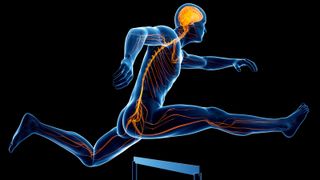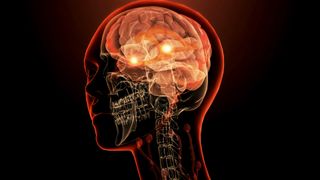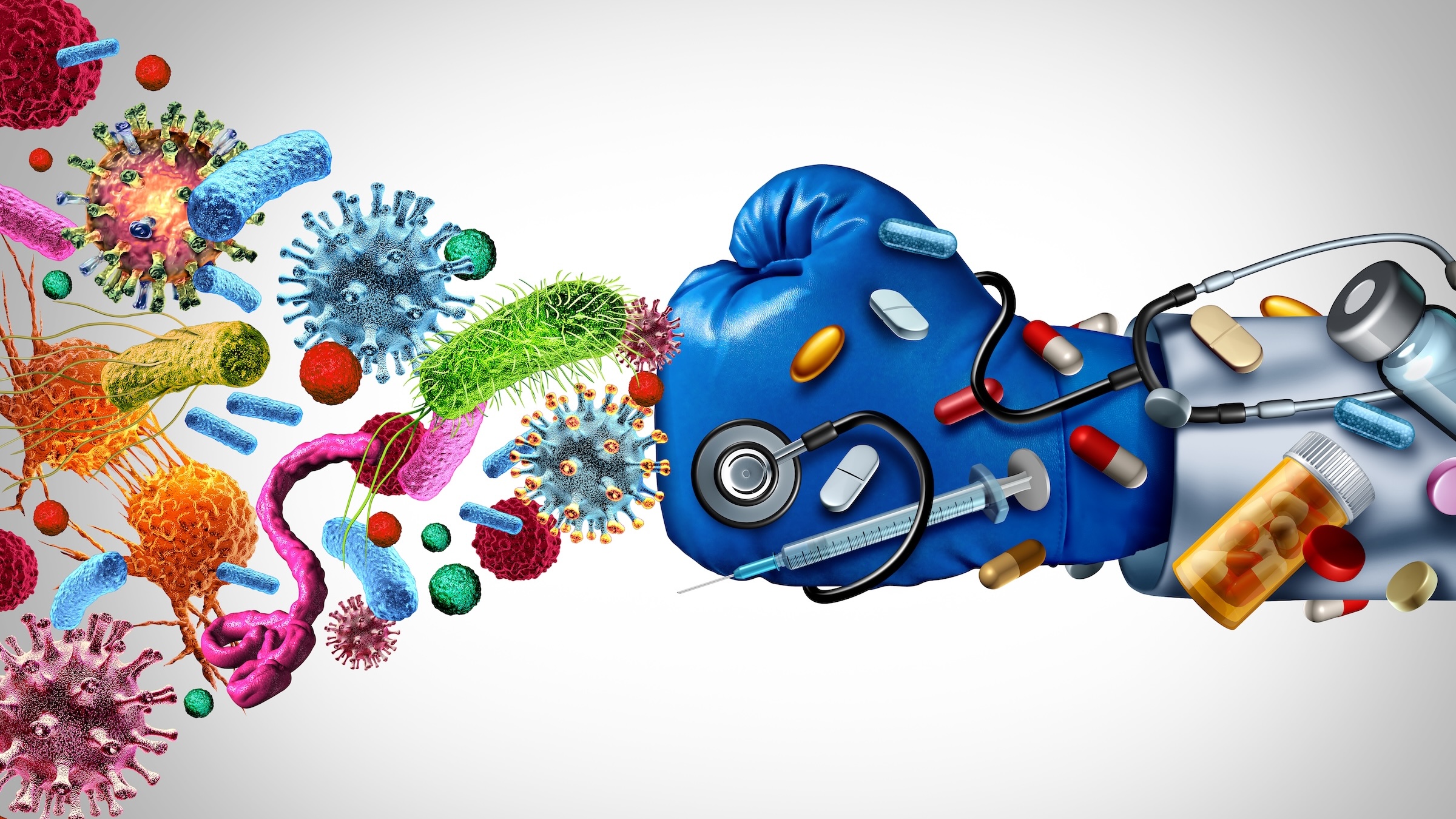Neuroscience
Latest about Neuroscience

6 ways an athlete's brain differs from an average person's
By Emily Cooke published
Sports mastery is about much more than physical capability — it shapes the brain, too.

'Breaking,' aka breakdancing, is in the Olympics for the 1st time — here's the brain science behind it
By Nicoletta Lanese published
Here's the brain science of breaking, the dance style making its Olympic debut in Paris.

'This is largely uncharted territory': Scientists reveal the brain's 'fear circuit' works differently than we thought
By Jennifer Zieba published
New methods applied in live mice suggest that molecules called neuropeptides, not neurotransmitters, play the main role in our response to danger.

Why do we see colors that aren't there?
By Kristel Tjandra published
Here's how our brains construct color in our environment.

What causes blushing? Science finally reveals the answer.
By Emily Cooke published
A new study harnessed Mariah Carey karaoke and brain scans to reveal the neuroscience behind blushing.

'We can't answer these questions': Neuroscientist Kenneth Kosik on whether lab-grown brains will achieve consciousness
By Emily Cooke published
So much is still unknown about consciousness, nevermind whether brain organoids will achieve it, explains a leading neuroscientist.

Magic mushrooms temporarily 'dissolve' brain network responsible for sense of self
By Stephanie Pappas published
Psilocybin, the active ingredient in magic mushrooms, reduces the synchronicity within a brain network responsible for reflection and the sense of self.

'This is what drives the migraine headache': Scientists uncover 'missing link' in why some migraines happen
By Michael Schubert published
A new mouse study uncovered a previously unknown route between the brain and peripheral nerves that could explain the link between aura symptoms and migraine headaches.
Get the world’s most fascinating discoveries delivered straight to your inbox.
 Live Science Plus
Live Science Plus







